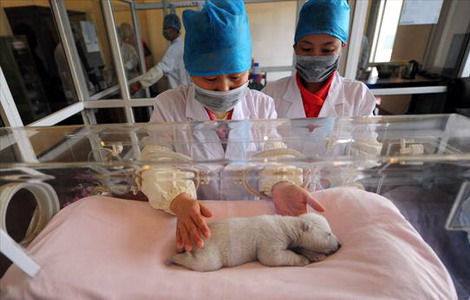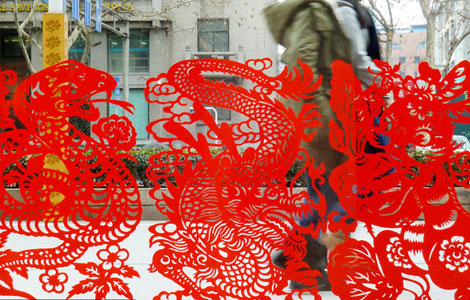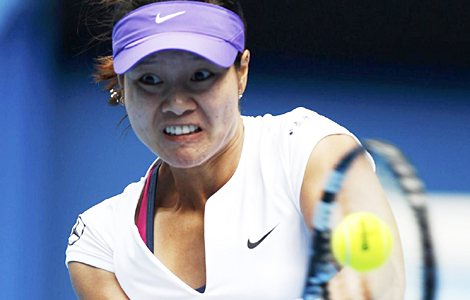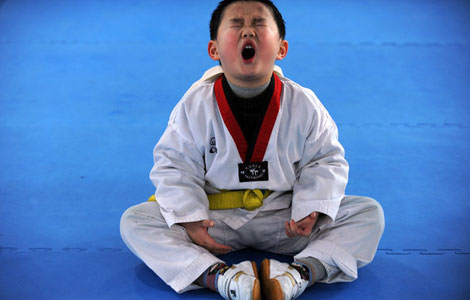|
|||||||||||
BEIJING - China objects to other countries' interference in its internal affairs and the violation of China's judicial sovereignty by making an issue of human rights, a Foreign Ministry spokesman said on Tuesday.
In response to US Ambassador Gary Locke's latest criticism of China's human rights record, spokesman Liu Weimin said the progress of China's human rights is obvious to all.
According to AFP, Locke claimed on Monday that China's human rights record was deteriorating.
"The human rights climate has always ebbed and flowed in China, up and down, but we seem to be in a down period and it's getting worse," Locke told The Charlie Rose Show on US public television late on Monday, said AFP.
Locke claimed that the Chinese government had detained dissidents, lawyers and other perceived critics since the onset of unrest in North Africa and West Asia which toppled leaders in Egypt, Libya and Tunisia last year, according to AFP.
Liu told reporters at a regular news conference what Locke said is "not the truth".
"China has attached great importance to promoting and safeguarding the basic rights of the Chinese people, including the freedom of belief and speech," Liu said. "China's progress in human rights is obvious to all".
Liu cited a survey that shows 86 percent of the Chinese people are satisfied with the country's development.
Liu admitted that China faces more challenges in its social development, which is natural as "we have a population of 1.3 billion and we spent only 30 years in finishing a path that took the Western world 300 years".
Liu said China is working very hard to solve such problems and is willing to enhance dialogue and cooperation with the international community on human rights.
"But we object to interference in China's internal affairs and the violation of China's judicial sovereignty by making an issue of human rights," said Liu.
Liu said it's wrong to take a certain individual's views as mainstream opinion in China.
"As for some individuals that have been punished by law, I don't think it means their freedom of speech or religion is suppressed, but because they violated Chinese laws," said Liu.
Locke was back in Washington for consultations ahead of a visit by Vice-President Xi Jinping, according to AFP.
Locke acknowledged that China, while supporting previous United Nations sanctions on Iran, has yet to be convinced of the need for further punitive measures.
"The United States government is most concerned about Iran's nuclear capability, and we really feel that more pressure must be put on Iran," Locke said.
Liu said China has maintained normal relations with Iran, like many other countries.
"The development of bilateral relations in trade and culture does not affect China's stance on the Iran issue," said Liu.
China always opposes one country placing its domestic law above international law and imposing unilateral sanctions on other countries, and called for dialogue and negotiations to solve the Iranian nuclear issue, Liu said earlier.
Hot Topics
Kim Jong-il, Mengniu, train crash probe, Vaclav Havel, New Year, coast guard death, Internet security, Mekong River, Strait of Hormuz, economic work conference
Editor's Picks

|

|

|

|

|

|






